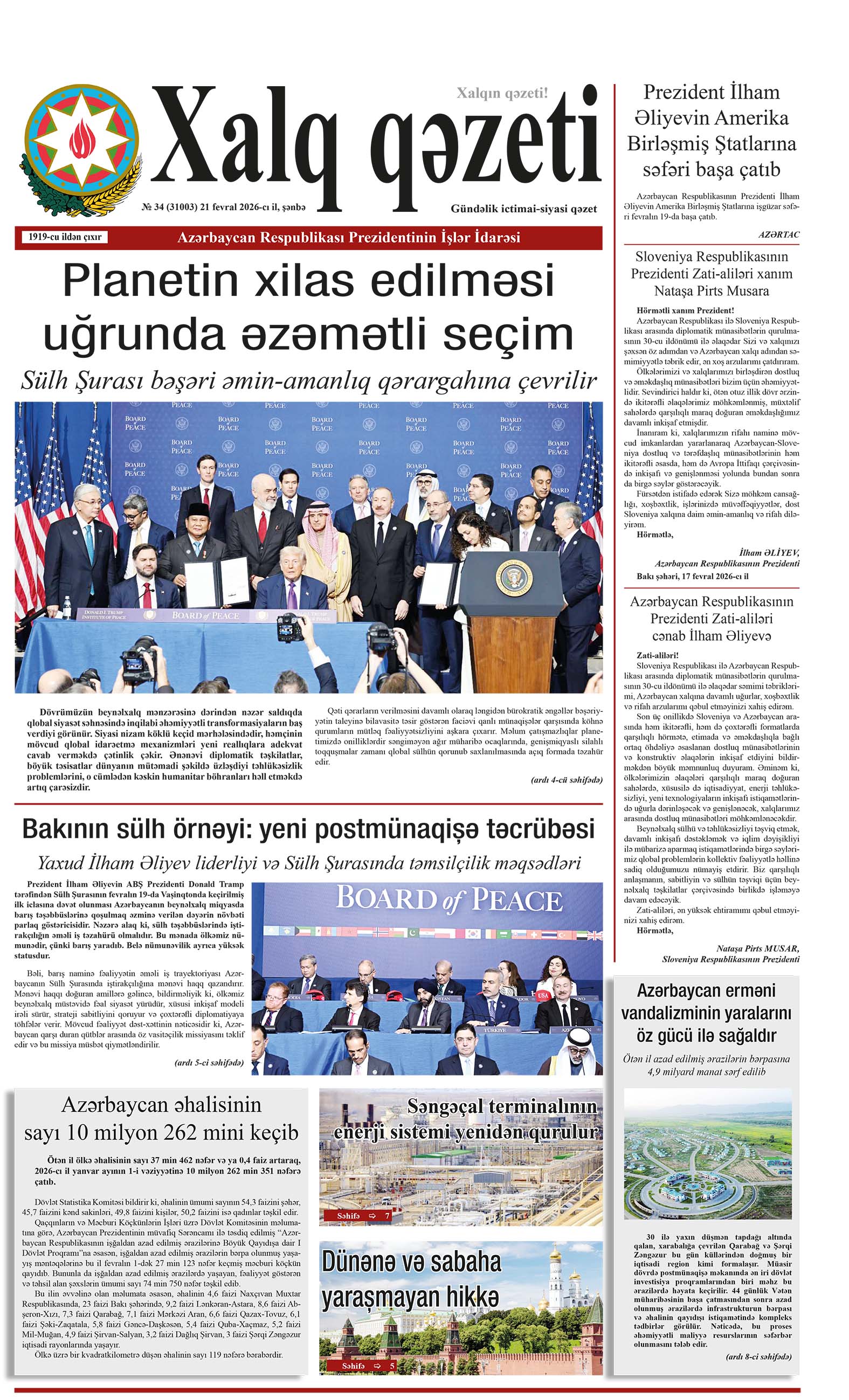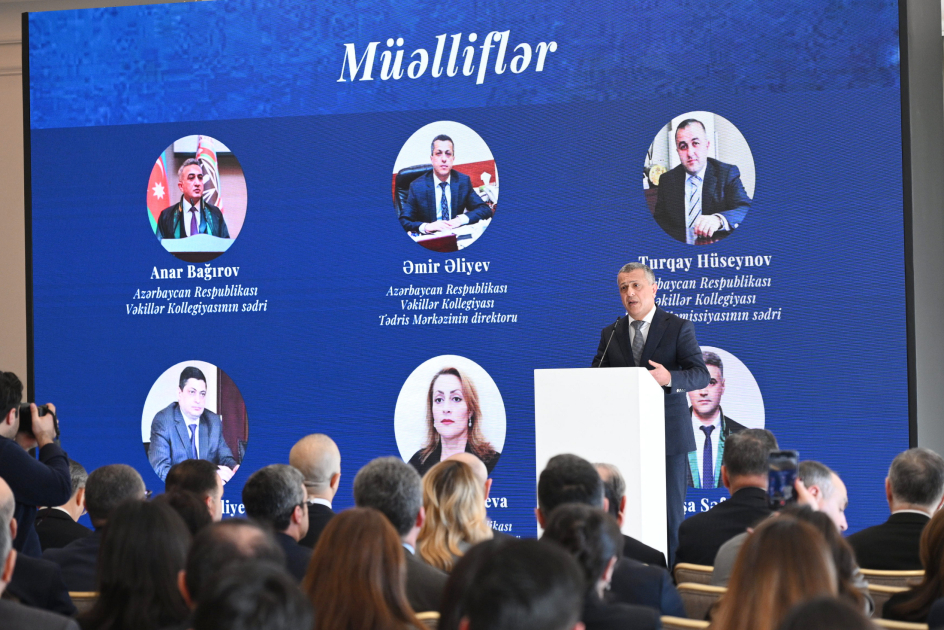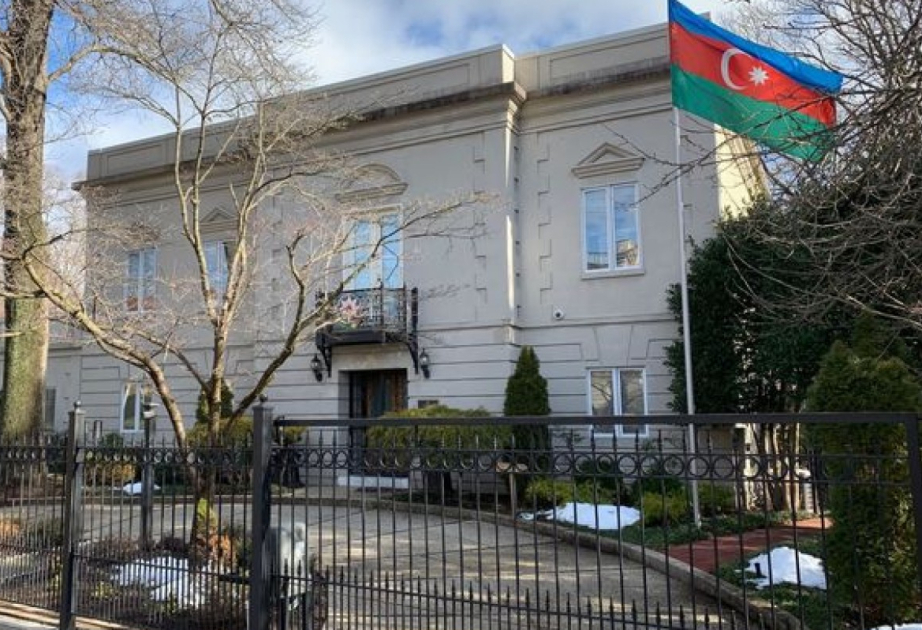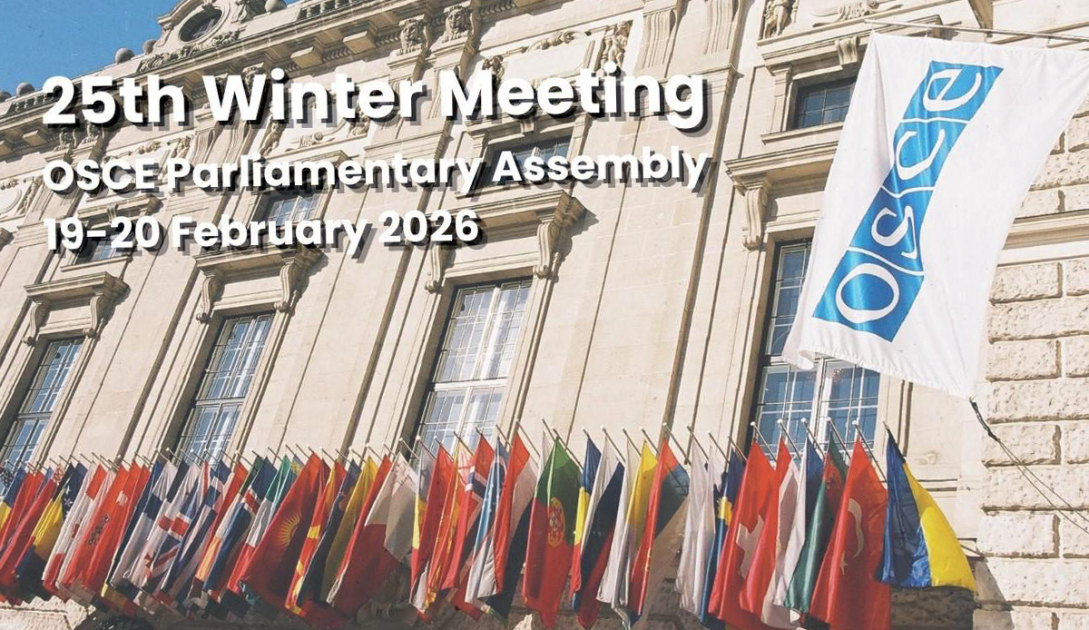The 27 leaders of the European Union decided on December 14 to begin accession negotiations with Ukraine and Moldova, issuing a stern rebuke to Russia's forceful attempts to exert control over its direct neighbourhood, Report informs via Euronews.
During a high-stakes summit in Brussels, heads of state and government also granted Georgia the status of candidate country.
Additionally, the bloc will open negotiations with Bosnia and Herzegovina "once the necessary degree of compliance with the membership criteria is reached." The Balkan country's progress will be assessed in progress set to be unveiled in March.
"It's a very powerful political signal, it's a very powerful political decision," Charles Michel, the president of the European Council, told reporters after the blessing became official.
The approval represents a momentous victory for Kyiv, which is struggling to make inroads in its grueling counteroffensive against the invading Russian troops. President Volodymyr Zelenskyy submitted Ukraine's application to join the bloc in the early days of the war and has since then made the case to fast-track the process.
Thursday's breakthrough was all the more surprising as it came amid Hungarian Prime Minister Viktor Orbán's veto threats and antagonistic rhetoric.
In the days leading up to the meeting, Orbán had questioned Ukraine's readiness to start negotiations and the European Commission's credibility as an impartial arbiter. After being declared a candidate country in June last year, Ukraine was given seven reforms to fulfill as a precondition to start the talks. Brussels has said the country has fully completed four out of the seven reforms, with work underway in the fields of anti-corruption, de-oligarchisation and the rights of minorities.
This progress, estimated at "well over 90%," was declared enough to allow Kyiv into the next phase, something that Budapest has vehemently challenged.
In a short video posted on X, formerly Twitter, right after the decision was taken, Orbán doubled down on his opposition but admitted to having abstained. An EU official later confirmed that the prime minister "was momentarily absent from the room in a pre-agreed and constructive manner" when the vote took place.
"Hungary's position is clear: Ukraine is not prepared to start negotiations on EU membership. It is a completely senseless, irrational and incorrect decision to start negotiations with Ukraine under these circumstances, and Hungary will not change its position," Orbán said.
"On the other hand, 26 other countries insisted that this decision be made. Therefore, Hungary decided that if the 26 decide to do so, they should go their own way. Hungary does not want to share in this bad decision, and for this reason, Hungary did not participate in the decision today."
The news from Brussels quickly prompted a succession of social media posts celebrating what many leaders described as a "historic day."


.jpg)















